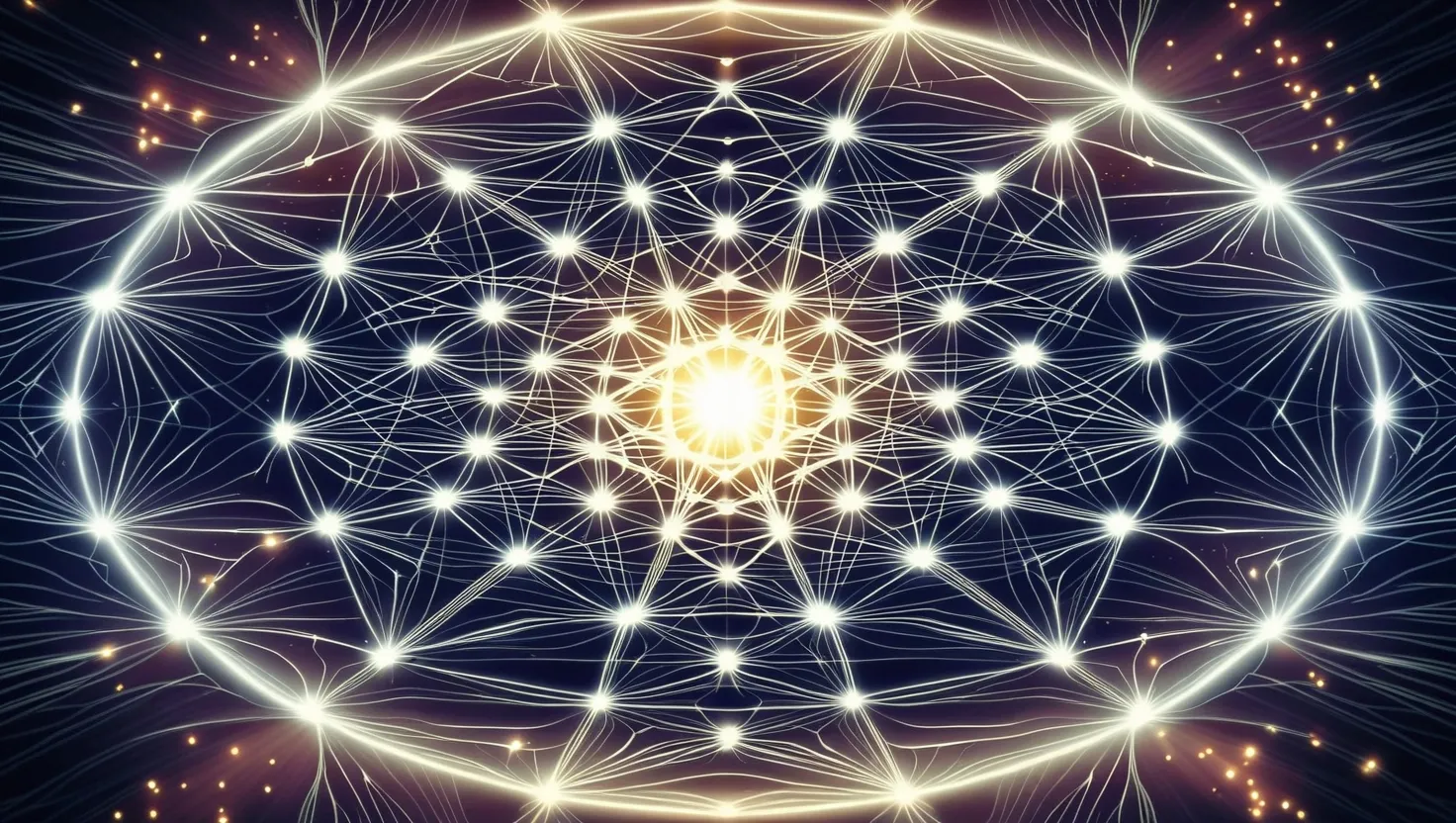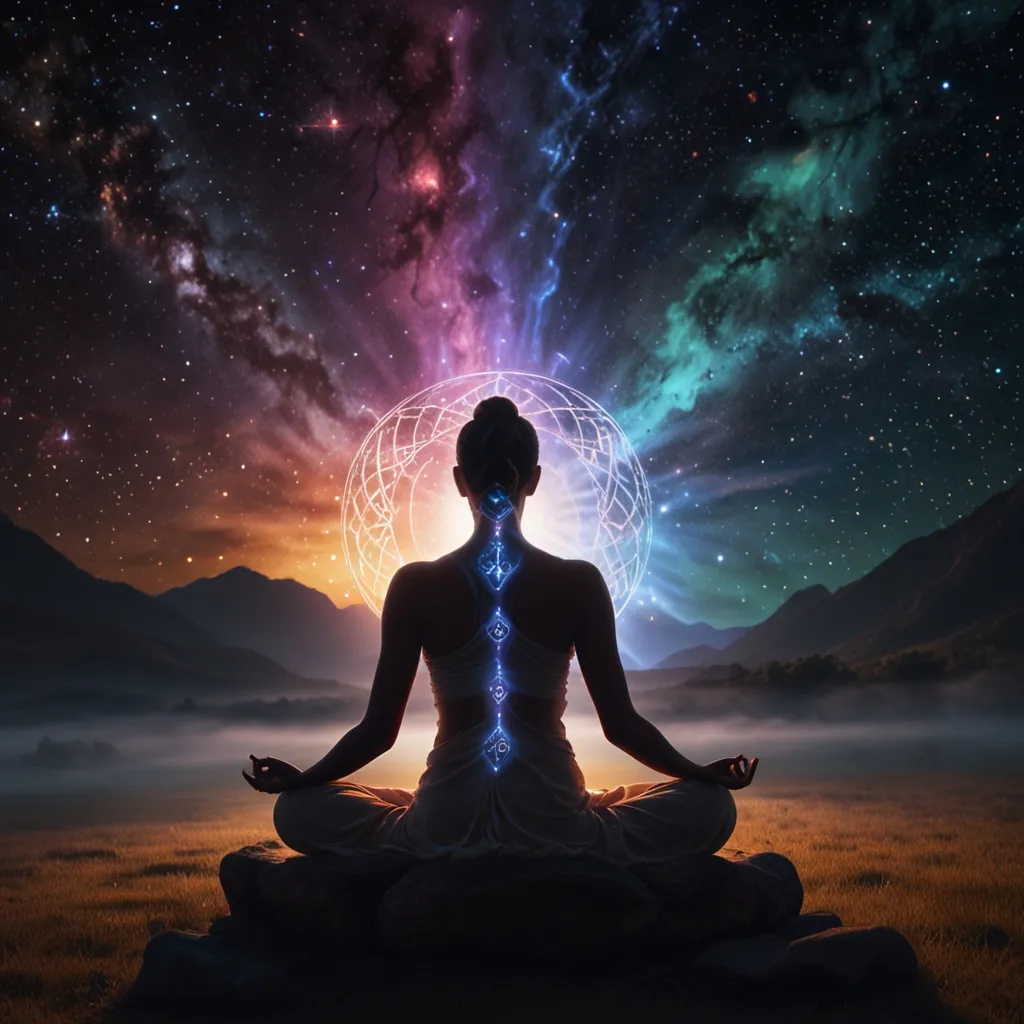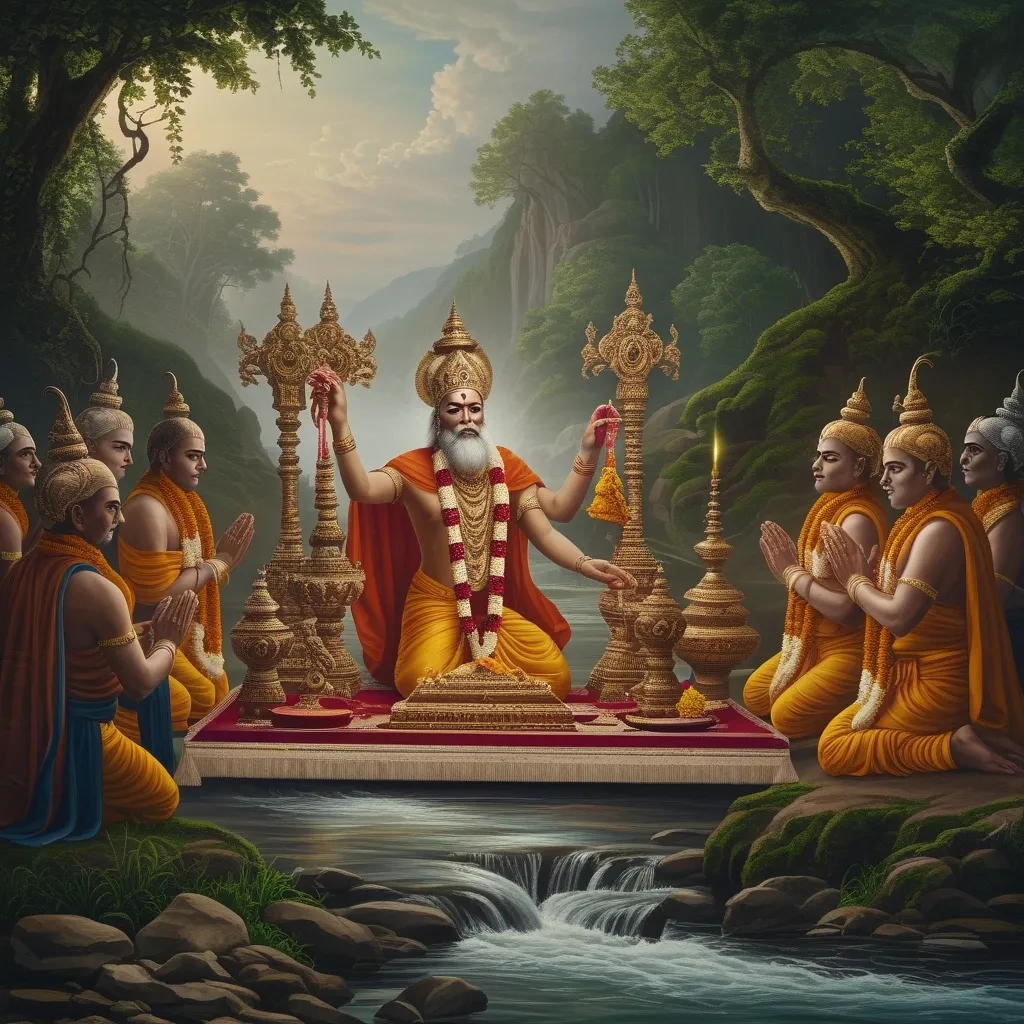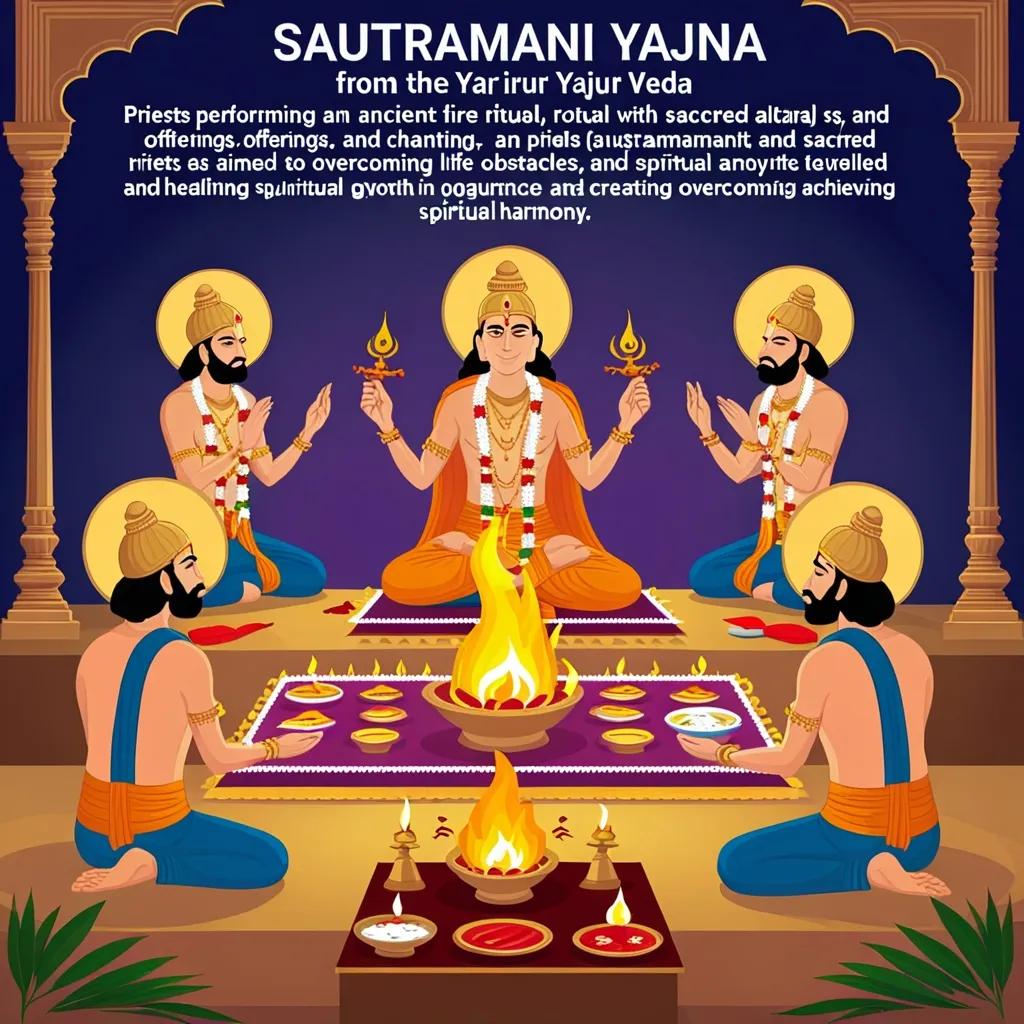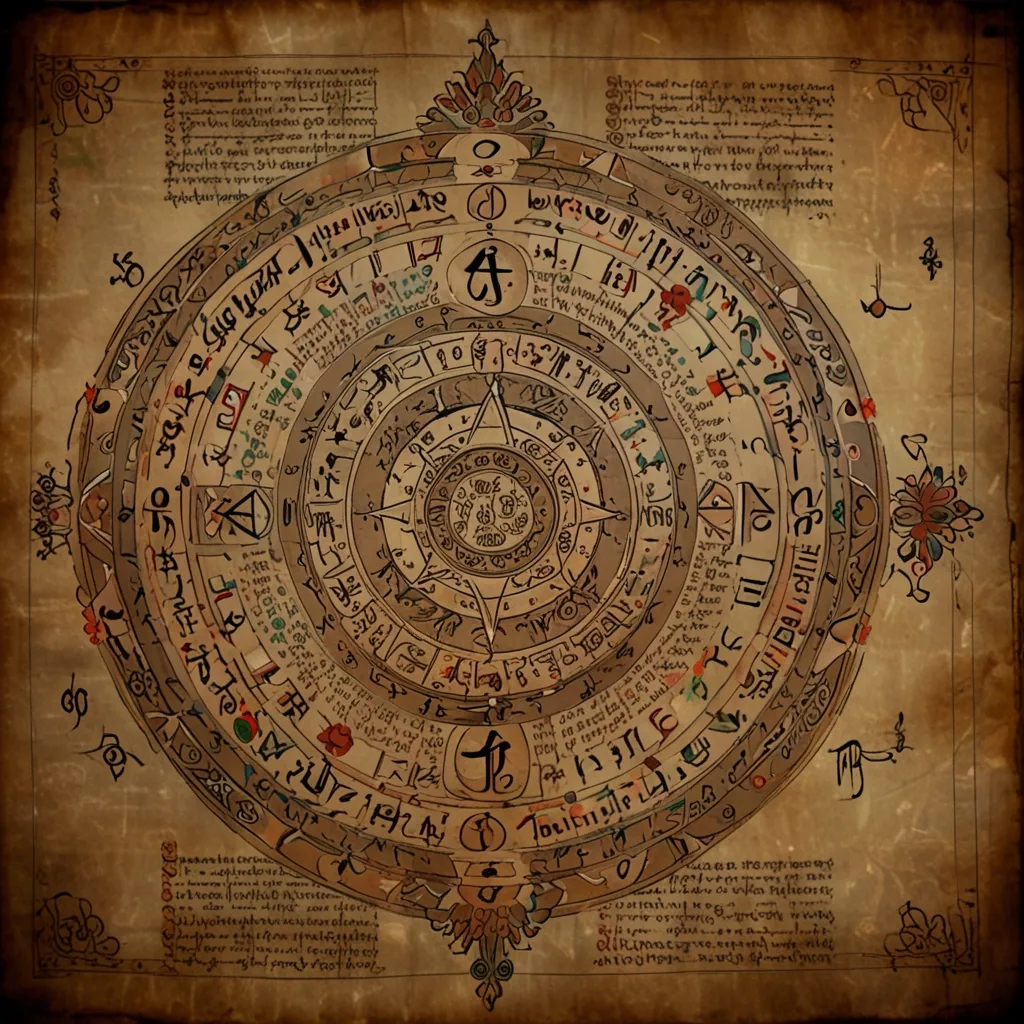When we delve into the ancient texts of the Vedas, we find a treasure trove of insights into the nature of consciousness that are both profound and remarkably relevant to modern discussions. The Vedas, with their rich philosophical and spiritual depth, offer a unique perspective on consciousness that challenges many of our contemporary assumptions.
At the heart of Vedic philosophy is the idea that consciousness is not a byproduct of matter, but rather the fundamental substrate of reality. This concept turns the traditional materialistic view on its head, suggesting that consciousness is not something that arises from the brain or physical processes, but is instead the very essence of existence itself. This perspective resonates with some modern theories in quantum physics, which also suggest that consciousness may play a more central role in the universe than previously thought.
Imagine the universe as an intricate web, with consciousness as the thread that weaves everything together. According to the Vedas, this consciousness is universal and all-pervading, existing in every particle of creation and transcending all boundaries of time and space. It is the ocean from which all waves of existence arise and into which they ultimately return. This universal consciousness, often referred to as Brahman, is the supreme reality that underlies all manifestations of the cosmos.
One of the most fascinating aspects of Vedic thought is the description of different states of consciousness. We are familiar with the waking, dreaming, and deep sleep states, but the Vedas introduce a fourth state – a state of pure consciousness that lies beyond these three. This state, often described as Turiya, is a realm of awareness that is untouched by the fluctuations of the mind and emotions. It is a state of pure awareness, where one experiences the world without the filters of thought and perception.
This multi-layered view of awareness offers a nuanced understanding of human experience. It suggests that our everyday waking state is just one of many possible states of consciousness, and that there are deeper, more profound levels of awareness waiting to be explored. This idea has significant implications for our understanding of the human mind and its potential. By recognizing these different states, we can begin to explore the full range of human consciousness and tap into its deeper potential.
Another crucial Vedic insight is the concept of witness consciousness. This idea posits that beyond our everyday thoughts and emotions lies a pure, unchanging awareness that observes without judgment. This witness consciousness is often referred to as the Atman, or the true Self, which is distinct from the ego and the conditioned mind. It is the silent observer that watches the world unfold without getting entangled in it.
This concept forms the basis for many meditation practices aimed at cultivating inner peace and self-realization. By focusing on this witness consciousness, we can transcend the limitations of the ego and experience a deeper sense of unity and harmony. It is a powerful tool for spiritual growth, allowing us to see the world from a perspective that is unclouded by our personal biases and conditioning.
The relationship between individual and universal consciousness is another area where Vedic insights offer profound wisdom. According to the Vedas, at the deepest level, individual awareness (Atman) is identical to universal consciousness (Brahman). This non-dual perspective, known as Advaita Vedanta, suggests that the distinctions between the individual self and the universal Self are ultimately illusory.
This idea has far-reaching implications for our understanding of identity and the nature of self. It suggests that we are not isolated, separate beings, but rather expressions of a larger, universal consciousness. This realization can bring about a profound sense of unity and interconnectedness, dissolving the boundaries that separate us from others and from the world around us.
In practical terms, this non-dual perspective can lead to a more harmonious and compassionate way of living. When we see ourselves and others as part of the same universal consciousness, we are more likely to act with kindness, empathy, and understanding. It is a perspective that encourages us to look beyond the surface level of reality and to see the deeper, underlying unity that binds us all together.
As we explore these Vedic insights into consciousness, we find that they continue to inspire philosophical and scientific inquiry. They offer a rich framework for understanding the nature of mind and reality, one that is both ancient and timeless. Whether we are philosophers, scientists, or simply seekers of truth, the Vedas provide us with a profound and nuanced understanding of consciousness that can deepen our understanding of ourselves and the world around us.
In a world that is increasingly complex and fragmented, these insights remind us of the deeper unity and interconnectedness that underlies all existence. They invite us to explore the full range of human consciousness, to transcend the limitations of the ego, and to experience the profound sense of peace and harmony that comes from realizing our true nature.
As we embark on this journey of self-discovery and exploration, we find that the Vedas are not just ancient texts, but living guides that offer us a path to deeper understanding and realization. They remind us that consciousness is not just a product of the brain, but the very essence of existence itself – a universal, all-pervading force that connects us all in a web of life and awareness.
